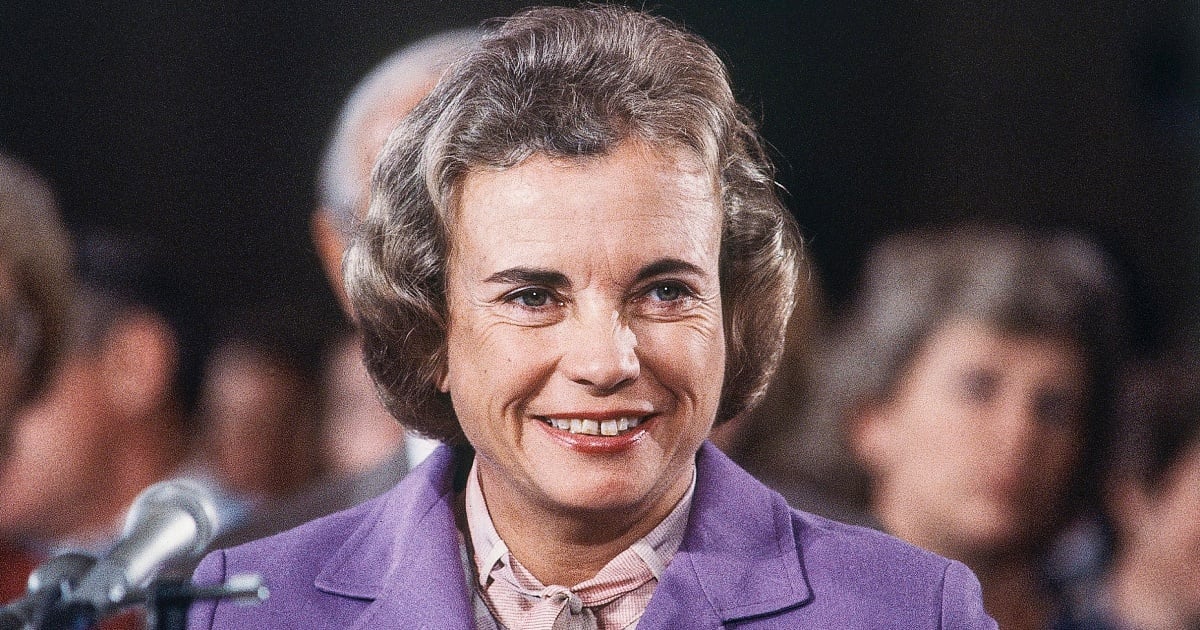From the early 1990s until her retirement in 2005, she was the indisputable swing justice
Sandra Day O’Connor, the first woman to serve on the Supreme Court and the justice who held the court’s center for more than a generation, died Friday, the court said in a statement.
Her cause of death was complications related to advanced dementia and a respiratory illness. She was 93.
Chief Justice John Roberts said in a statement that O’Connor “blazed an historic trail as our nation’s first female justice.”



Even though that link does posit a logical rationale for a vs. an, it specifically states both are acceptable.
"However, some people choose to say an historic as in This is an historic event. Why? The simplest explanation is they may just have a personal preference and think that an historic sounds better than a historic. There may be other reasons, though. Historically, both forms were commonly used until the 1940s, when a historic began to overtake an historic. By the 1990s, a historic was much more common than an historic. It’s possible that the preference for an historic may be generational or a person may have “inherited” it from a parent or teacher of an older generation.
Alternatively, the preference could be due to regional accents or dialects. English speakers didn’t actually pronounce the H in historic until relatively modern times. This is most likely because the English word historic was influenced by the French historique, which has an unpronounced H. Regional English dialects that practice “h-dropping” may still not pronounce the H in historic, and these speakers are more likely to use an historic (an ’istoric) than a historic.
All of this tells us that both sides of the an historic and a historic debate have support for their argument. In informal writing, either form would be considered acceptable (and likely to face criticism from the other side.) In formal writing, though, the form a historic is the widely preferred form."